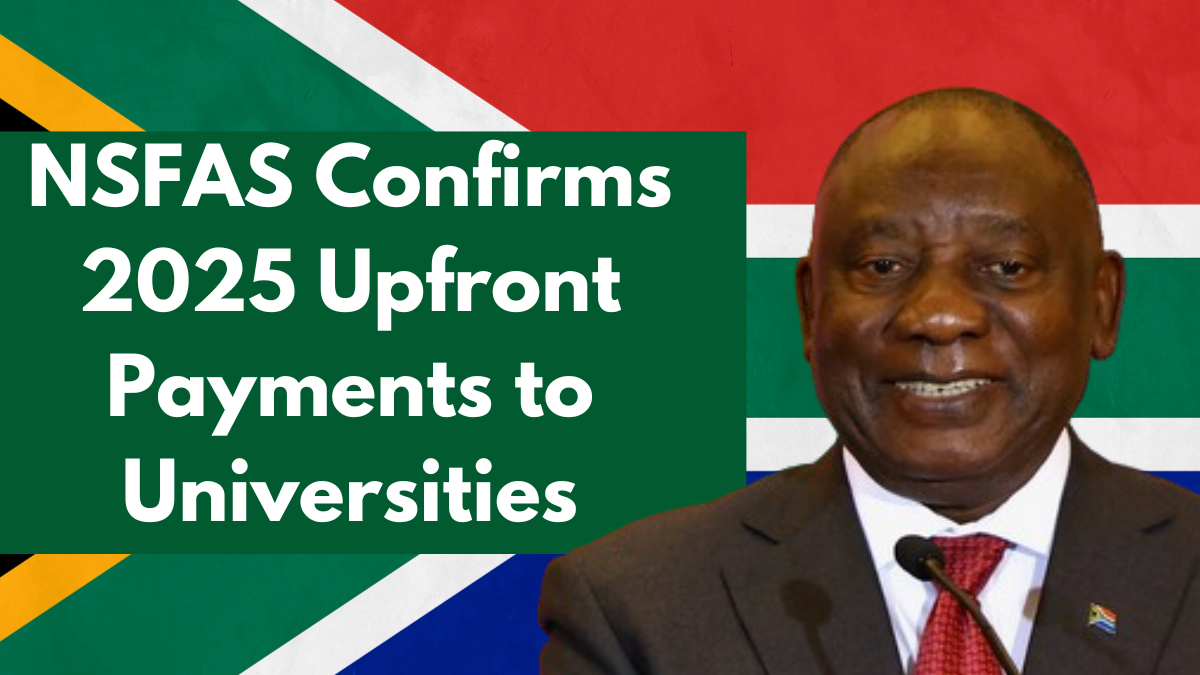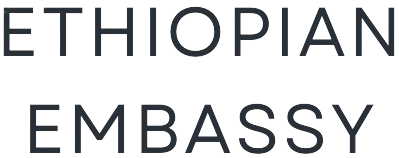As the 2025 academic year approaches, South African universities and higher education institutions are preparing to welcome a new cohort of students. To facilitate a smooth transition, Minister of Higher Education and Training, Dr. Nobuhle Nkabane, has emphasized the need for effective communication and collaboration within the Post-School Education and Training (PSET) sector. Addressing potential challenges early on is crucial to ensuring an efficient student registration process and a successful academic year.

The Role of Communication in Higher Education
Dr. Nkabane underscored the significance of open and proactive communication between all stakeholders. Last week, she convened a meeting with representatives from various educational institutions to evaluate preparedness and strategize on addressing registration bottlenecks.
“It is imperative to engage at this critical juncture so that we remain aligned and responsive to any challenges that may arise during student registration,” stated the Minister.
Celebrating the 2024 Matric Success
The 2024 matric class achieved a record-breaking pass rate of 87.3%, with nearly half qualifying for bachelor’s degree studies. This impressive achievement has intensified the demand for higher education spaces, placing increased pressure on South Africa’s 26 public universities.
The government remains committed to ensuring that all deserving students have access to tertiary education, as enshrined in Section 29 of the South African Constitution. Minister Nkabane reaffirmed the state’s obligation to progressively make further education accessible to all through reasonable measures.
Higher Education Space Constraints
Despite the rising demand, South African universities face severe capacity limitations. Of the 337,158 students who qualified for bachelor’s degree programs in 2024, only 202,000 first-year spots are available. This shortfall exacerbates an already strained system, as many students from previous years still seek admission.
| Year | Bachelor Passes | University Capacity | Shortfall |
|---|---|---|---|
| 2024 | 337,158 | 202,000 | 135,158 |
| 2023 | 324,226 | 200,000 | 124,226 |
| 2022 | 312,000 | 198,000 | 114,000 |
Addressing NSFAS Challenges
One of the primary concerns for students is financial aid. The National Student Financial Aid Scheme (NSFAS) has encountered challenges in past years, including delayed payments and verification issues. To mitigate these concerns for 2025, NSFAS Administrator Freeman Nomvalo announced that upfront payments were disbursed to institutions on January 10, 2025.
- Upfront payment allocations
- One month’s allowances for personal care, travel, books, and living expenses.
- 50% book allowance.
- 9.5% of the total 2025 university allocation (R39 billion).
- Colleges received tuition payments, while student allowances are distributed directly.
NSFAS Application Processing Updates
NSFAS has also been actively processing applications to finalize funding decisions efficiently:
- 658,943 SASSA applications received, with 606,113 students provisionally funded.
- 276,072 non-SASSA applications under review, with 201,848 verified.
- 17,370 student loan applications pending financial eligibility checks.
Stakeholder Engagement for Student Well-being
To further support students, Minister Nkabane conducted a stakeholder meeting in eThekwini, engaging accommodation providers and transport operators. The outcome of this meeting was the establishment of a task team comprising:
- Accommodation providers
- Transport operators
- Department of Higher Education and Training (DHET) officials
- NSFAS representatives
This team aims to resolve accommodation and transportation issues to ensure student welfare and stability throughout the academic year.
TVET Colleges as a Viable Alternative
Given the limited space in universities, the government is advocating for increased enrollment in Technical and Vocational Education and Training (TVET) colleges. Deputy Director-General for Higher Education, Sam Zungu, highlighted the need to shift perceptions surrounding TVET institutions.
Advantages of TVET Colleges
- Job-Ready Skills: TVET colleges focus on practical, hands-on training that leads directly to employment.
- Entrepreneurial Opportunities: Graduates can start their own businesses using acquired trade skills.
- Industry Relevance: Courses are aligned with evolving market demands to maintain relevance.
- Infrastructure Development: Significant investments are being made to modernize learning environments.
- Occupational Qualifications: New programs accredited by the Quality Council for Trades and Qualifications enhance student outcomes.
To improve employment rates, TVET institutions are strengthening partnerships with industries and funding organizations. These collaborations aim to ensure that graduates possess the skills required by the modern workforce.
Parental Involvement in Education Choices
Parents are encouraged to consider TVET colleges as a viable educational path for their children, rather than defaulting to universities that may not offer space or guarantee employment upon graduation. With ongoing improvements in TVET programs and infrastructure, these institutions present valuable alternatives for students seeking higher education and career opportunities.
Conclusion
The 2025 academic year presents both challenges and opportunities for South Africa’s higher education sector. While capacity constraints remain a significant hurdle, proactive government measures, NSFAS improvements, and TVET expansion offer viable solutions. Ensuring a smooth start requires collaboration among stakeholders, efficient resource allocation, and a collective commitment to student success. By embracing alternative pathways and addressing key concerns early, South Africa can make further education accessible to all deserving students.
Frequently Asked Questions (FAQ)
1. What steps is the government taking to accommodate the growing demand for higher education?
The government is expanding TVET colleges, enhancing online learning programs, and working on infrastructure improvements to increase university capacity.
2. How does NSFAS ensure timely student funding?
NSFAS has implemented upfront payments to institutions and streamlined its application verification process to prevent delays in disbursing financial aid.
3. What alternatives exist for students who cannot secure university placement?
TVET colleges provide excellent opportunities for practical training, entrepreneurship, and direct employment, making them a strong alternative to traditional universities.
4. What measures are in place to improve student housing and transportation?
The government has formed a task team comprising accommodation providers, transport operators, DHET representatives, and NSFAS to address these concerns.
5. How can students ensure a smooth registration process?
Students should stay informed through official university communications, complete their NSFAS applications on time, and explore alternative education options like TVET colleges if necessary.
For More Information Click Here
